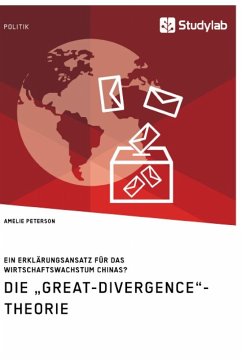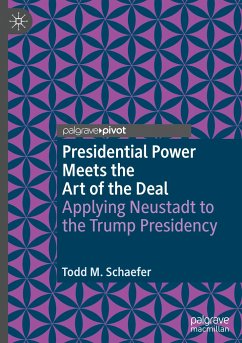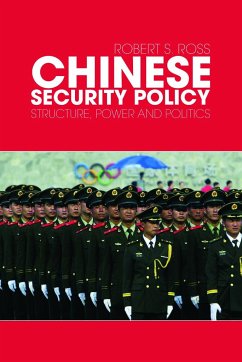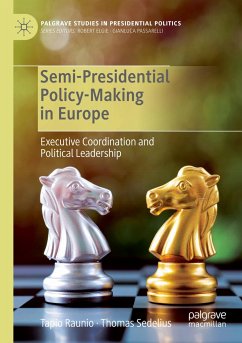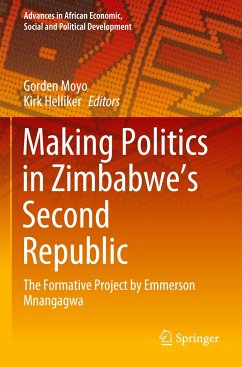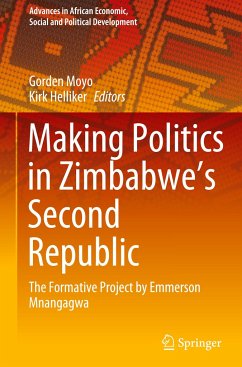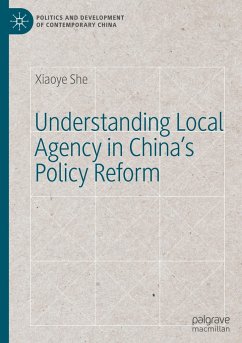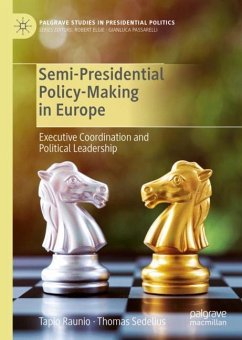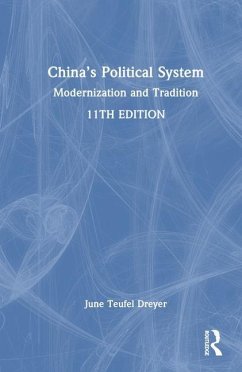
Foreign Policy of China Under Deng Xiaoping
Contemporary Relevance and Continuity

PAYBACK Punkte
53 °P sammeln!
The book examines, linking two key variables - 'political leadership' and 'foreign policy' - the role of Deng Xiaoping in China's foreign policy shift after Mao in politico-strategic and economic domains. The book finds out that guided by his own personality, worldview, experience, pragmatism, belief and style Deng attempted to resolve the long-standing domestic and foreign policy issues. Most importantly, Deng moved from the primacy of politics to economic modernisation which resulted in far-reaching changes in China's external engagement. The book's central inquiry is to assess the contempor...
The book examines, linking two key variables - 'political leadership' and 'foreign policy' - the role of Deng Xiaoping in China's foreign policy shift after Mao in politico-strategic and economic domains. The book finds out that guided by his own personality, worldview, experience, pragmatism, belief and style Deng attempted to resolve the long-standing domestic and foreign policy issues. Most importantly, Deng moved from the primacy of politics to economic modernisation which resulted in far-reaching changes in China's external engagement.
The book's central inquiry is to assess the contemporary relevance of Deng's foreign policy paradigm. It establishes that the relevance of Deng's policy continues in the present context except for China's pro-activeness towards issues pertaining to its territorial integrity and sovereignty. Using China's case, the study advances the framework of understanding pertaining to the role of political leadership in foreign policy.
The book's central inquiry is to assess the contemporary relevance of Deng's foreign policy paradigm. It establishes that the relevance of Deng's policy continues in the present context except for China's pro-activeness towards issues pertaining to its territorial integrity and sovereignty. Using China's case, the study advances the framework of understanding pertaining to the role of political leadership in foreign policy.



